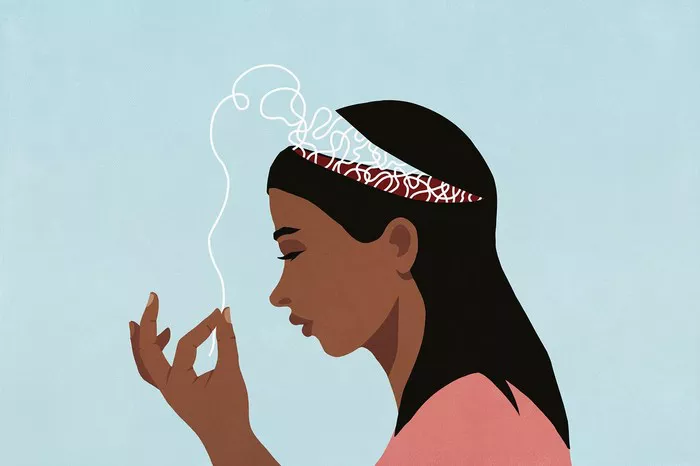While mental health apps have exploded into a $15 billion industry, a comprehensive 2024 investigation by The BMJ reveals alarming gaps in efficacy and data security. An analysis of 200 popular mental health applications found that 83% shared user data with third parties, including advertisers and data brokers, often without explicit consent. Even more troubling, only 15% of apps claiming to treat anxiety or depression had any clinical validation, with many employing algorithms that could potentially worsen symptoms.
The investigation uncovered particularly concerning practices among chatbot-based therapy apps. Several were found giving dangerous advice to users expressing suicidal thoughts, with one app responding to test messages about self-harm with recommendations for “calming yoga videos.” Researchers also identified a phenomenon called “algorithmic bias,” where AI therapists tended to reinforce gender stereotypes – for example, consistently suggesting medication to male users while recommending self-care to females reporting identical symptoms.
Regulatory bodies are beginning to take action. The FTC recently fined two major mental health apps $30 million combined for deceptive data practices, while the FDA has announced plans to strengthen oversight of apps making treatment claims. Meanwhile, professional organizations like the American Psychological Association are developing evaluation frameworks to help consumers identify evidence-based digital tools.
Psychiatrists caution that while apps can supplement care, they shouldn’t replace human professionals. “There’s no algorithm yet that can replicate therapeutic alliance – that fundamental human connection that drives healing,” notes Dr. Rebecca Simmons of Columbia University. As the industry matures, the challenge will be balancing innovation with patient safety in this largely unregulated digital wild west.


